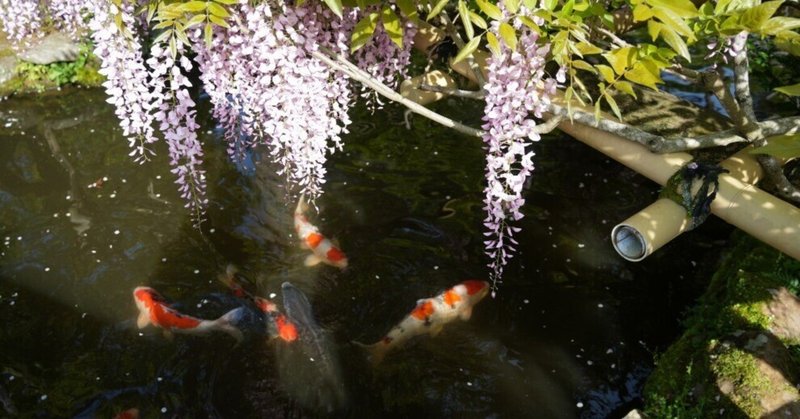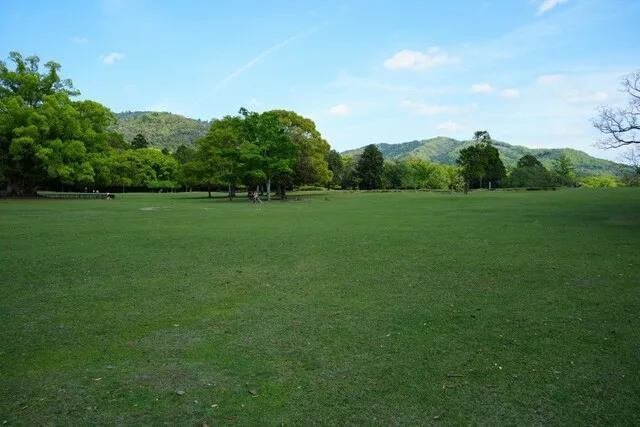
Koreans look down on blue-collar workers…This indicates that Korea is a class society, and Koreans are obsessed with class consciousness.
The following is from Mayumi Tanimoto's serial column that graces the front page of today's issue of the monthly magazine WiLL.
It is a must-read not only for the people of Japan but also for people around the world.
This month's issue of the monthly magazine WiLL is also packed with must-read articles.
Japanese citizens who can read should head to their nearest bookstore to subscribe.
The reason is that the magazine is full of articles that reveal the truth about things that need to be clarified if you subscribe to Asahi, etc., and watch NHK, etc., TV.
Koreans look down on blue-collar workers.
A theme park called "KidZania," which allows children to experience occupations, is gaining popularity in many countries.
Through play, children learn that there are various occupations.
It is also very popular with parents eager to educate their children as part of their social studies.
The occupations that can be experienced at KidZania differ from country to country.
It is interesting because it reflects national characteristics.
It is interesting because it reflects national characteristics.
In Japan, firefighters, mechanics, gas station attendants, police officers, care workers, pastry chefs, and machine developers are among the many jobs available. While a wide variety of jobs can be experienced, blue-collar jobs that require physical exertion and manual dexterity are also popular.
Many are classified as "skilled workers" in economic statistics.
According to Ikumi Haruki's book, "Korean Society Today: Hyper Fertility, Poverty, Isolation, and Digitalization" (Chuko Shinsho), blue-collar jobs are avoided at KidZania in Korea.
Visitors to Korea's KidZania can enjoy a lineup not seen in Japan.
Korean national team athletes, diplomats, archaeologists, and IRS civil servants. ......
Koreans have an extreme dislike of "hands-on" activities and place a high value on "power," "the state," and "white-collar" jobs.
This indicates that Korea is a class society, and Koreans are obsessed with class consciousness.
The view of occupation is deeply related to the economic development of a nation.
There are few small and medium-sized enterprises in Korea where blue-collar workers are neglected.
The entrepreneurial spirit is also lacking.
It is also the reason why Korea's industrial development has lagged behind that of Japan.
In business administration, this is sometimes discussed as one of the deep-rooted problems facing South Korea.
In South Korea, economic disparity is tremendous.
Blue-collar workers are essential to society, but they are also underpaid.
Politicians who understood their importance would implement economic policies such as income redistribution.
But they do not.
In Korean society, wealth is monopolized by very few politicians, conglomerates, and white-collar workers.
The public also tolerates this system.
Similar trends can be seen in South Asia, North Africa, the Middle East, and South America developing countries.
For some reason, they look down on engineers and craftsmen.
In societies where nomadism and hunting were the mainstays of life, people in developing countries tend to look down on farmers who work steadily with their hands, a trait introduced to these countries by their colonial masters.
In developing countries, there is a culture in which people of a certain rank are served by servants to take care of their personal needs.
The president or managers cannot work with employees on simple tasks.
Meals and other living spaces must also be separated.
In Japan, a president who comes to work earlier than his employees to clean the office is often praised, but in developing countries, he is looked at strangely.
It is like giving up respect. It is inevitable because of cultural differences.
The success of the U.S., Japan, and Germany in industry was due to their respect for practical learning and handicrafts.
The U.S. had many German immigrants.
It influenced them to respect engineers.
Germany is a society with high respect for applied engineers.
The word "engineer" is proudly printed on business cards. Eastern Europe is similar to Germany.
Many Japanese engineers enjoy working with Germans.
Among East Asian countries, Japan has an exceptionally respectful culture for engineers.
Because of unfavorable geographical conditions, such as climate, this may have something to do with the need for ingenuity.
Because it is an island nation, there is little arable land.
There are not many animals, so they cannot eat by hunting or trading.
In Japan, there is a culture in which non-blood relatives form a "pseudo-family" and pass down skills from master to apprentice.
It is a scene not often seen in other Asian countries.
Japan has a strength in working as an organization.
Japan excels at organizational work, and skills are passed on from one generation to the next.
It is why Japan has the most significant number of "long-established" companies worldwide.
The abundance of natural disasters, such as earthquakes and typhoons, may also be a factor.
In preparation for the death of a relative, it is a good idea to build relationships with non-blood relatives to avoid risk.
In South Korea, "pseudo-families" cannot be created. Koreans value blood relations so much that they exclude all others.
The exclusiveness of Koreans is unimaginable to the Japanese.
It explains the popularity of the professional world and its bizarre orientation toward power.
Because they cannot trust anyone but their blood relatives, they must try to stabilize their position through qualifications or protect themselves by becoming the ruling class.
It is also the reason why culture does not develop in developing countries.
Because of their precarious status, they cannot afford to do art.
Through children's services, the strengths and weaknesses of a country are highlighted.
Japan, which values its engineers, has unfathomable potential.
Japan's future is bright.

この記事が気に入ったらサポートをしてみませんか?
